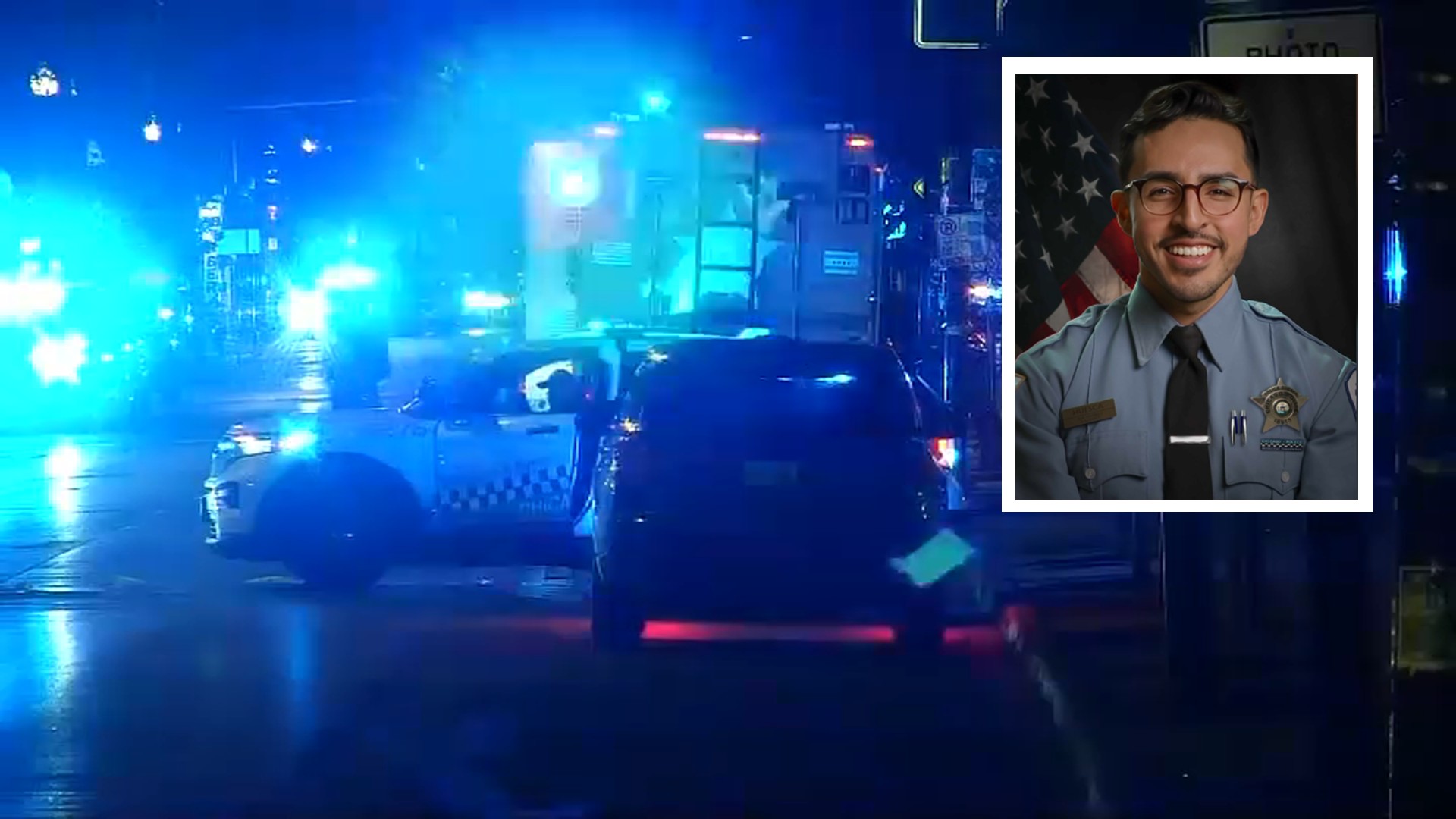Residents of Chicago’s Little Village neighborhood expressed outrage Thursday after a scathing report from the city’s Office of the Inspector General highlighted failures in two city departments to heed warnings and take proper regulatory action ahead of the April 2020 smokestack demolition that engulfed the surrounding area in dust.
The OIG’s report, released Friday, excoriated the Department of Buildings and the Chicago Department of Public Health over the Hilco redevelopment company’s planned implosion of the industrial smokestack at the former Crawford Generating Power Plant, located at 3501 S. Pulaski Rd., on April 11, 2020.
The report says the demolition took place “despite warnings—213 days before—that ‘[t]he dust from an event like this is almost cataclysmic;’ despite knowledge—documented 51 days before—that dust would be ‘an unpreventable byproduct’ of the operation; and despite predictions by CDPH senior staff that toppling the smokestack would be a ‘disaster.’”
“I see this as a pattern of behavior that shows for many decades in Little Village that the city and these institutions, they don't care, they don't respect the human life or marginalized people,” said Anderson Chavez, representing the community group Unete La Villita during a news conference organized by the Little Village Environmental Justice Organization on Thursday.
Feeling out of the loop? We'll catch you up on the Chicago news you need to know. Sign up for the weekly Chicago Catch-Up newsletter here.
“They don't respect the human lives of people that live in Little Village. And it's just another manifestation of environmental racism and environmental injustices that they do to us,” Chavez continued.
The OIG investigation found that the Department of Buildings failed to follow its own regulations for demolitions involving explosives, starting a permit process that would not involve explosives – then failing to review that permit when those plans changed.
The report said a senior CDPH official “knew or should have known” that Hilco’s demolition subcontractor's dust mitigation procedures were "manifestly inferior” to those of its contract predecessor and that the official failed to elevate concerns from colleagues to Commissioner Dr. Allison Arwady, who could have issued an emergency order to stop the operation.
Investigations
It also revealed that the OIG recommended disciplinary action against two DOB employees as well as discipline up to and including termination against one senior CDPH official, all unnamed. No action was taken against the DOB officials and CDPH planned to issue a written reprimand, according to the report.
Ald. Michael Rodriguez, who represents the 22nd Ward and lives five blocks from the site of the implosion, called for further action to be taken.
“The discipline they received that's been outlined in this report is not enough," Rodriguez said. "It's not restoring justice to our community. And that's what we're fighting for.”
The DOB’s response within the report noted that the department and the city enacted reforms in the wake of the botched implosion, highlighting its updated demolition permit application and tightened eligibility requirements on contractors, among other changes. On the disciplinary recommendations, the department said the two officials “did not violate any existing laws, regulations, rules or procedures in place at the time” and underwent non-disciplinary remedial counseling instead, per the report.
In its response within the OIG report, CDPH said it “would have been appropriate” for the official to have taken further action but noted that the process itself lacked “strong policies and procedures” for oversight that it said have since been addressed.
A CDPH spokesman on Thursday noted new rules to manage implosions and review demolition plans, like updated requirements for contractors that include an environmental site assessment as well as a contingency plan for dust control and a site cleanup plan.
Both departments told the OIG that responsibility for the implosion “ultimately rests” with Hilco, according to the report. The city previously issued 16 citations against the company and its two subcontractors, the report states, and in June 2020, Hilco agreed to pay the city $19,500 with no admission of guilt or wrongdoing. CDPH said the city required Hilco to pay to monitor air quality around the site following the implosion as well.
All three companies also paid a combined total of $370,000 as part of a lawsuit settlement with the Illinois Attorney General announced in November 2020.



